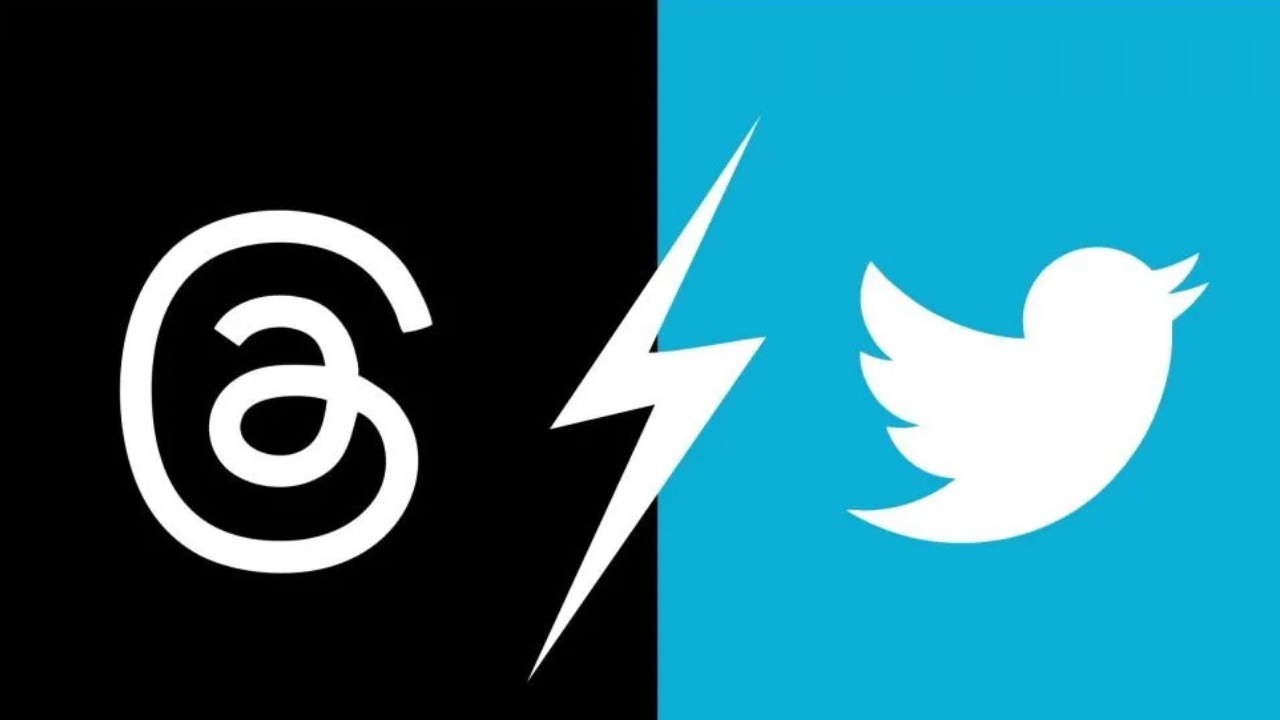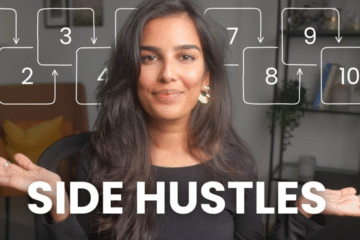The battle for the future of social media isn’t just between old and new platforms. It’s now between giants within the same empire. Facebook, the legacy platform that once defined how we connect online, is now in a silent war with its own younger sibling—Threads.
In 2025, this rivalry is getting serious. One represents the past, the other wants to define what comes next. As attention spans shrink and user behavior evolves, both platforms are adapting, experimenting, and competing—not just with outsiders like TikTok or X, but with each other.
So which one will win? Let’s break it down by what makes each platform tick, where they succeed, and what the future may hold for both.
The Origins of the Rivalry
Facebook and Threads are both owned by Meta, but their goals and audiences differ sharply.
- Facebook, launched in 2004, was originally built to connect college students. It grew into a global network where users could post updates, join groups, share photos, and message friends.
- Threads, launched in 2023, was Meta’s answer to Twitter/X. It offers short-form text posts, fast-paced conversations, and a mobile-first experience aimed at Gen Z and millennial users looking for something simpler, faster, and more real-time.
What started as an attempt to replace a rival platform quickly turned into something more ambitious. Threads didn’t just compete with Twitter—it started to attract a new type of conversation altogether.
How Facebook Stays in the Game
Despite being over two decades old, Facebook is far from dead. In fact, it still has more than two billion monthly active users in 2025.
Why Facebook Still Wins in Some Areas:
- Groups and Communities
From parenting advice to small business forums, Facebook groups are still unmatched in community engagement. Many niche audiences rely on these groups for real discussions and support. - Marketplace
Facebook Marketplace has grown into a massive peer-to-peer commerce space. Local buying and selling, without needing a separate app, is a stronghold that Threads doesn’t even touch. - Events and Networking
Whether it’s local concerts or professional events, Facebook remains the go-to place for RSVP-based digital interaction. - Ad Power and Business Pages
Businesses still see value in Facebook Ads and Pages, especially for targeting older demographics and location-based audiences.
But there’s a growing problem. Younger users are logging in less and viewing Facebook as cluttered, outdated, and too ad-heavy. The younger generation wants speed, authenticity, and simplicity—and that’s exactly where Threads comes in.
Threads: The Rising Star
When Threads launched, some critics saw it as a rushed attempt to replace Twitter. But by 2025, it has developed its own identity, style, and loyal user base.
Why Threads Is Gaining Ground:
- Minimalist and Fast
Threads focuses on short text-based updates. No complex timelines, no algorithm confusion—just real-time posts from people you follow, in a simple vertical feed. - Cleaner Experience
Unlike Facebook’s busy interface, Threads is sleek. No game invites, no event popups, no outdated birthday reminders. Just conversation. - Better for Real-Time Updates
Whether it’s breaking news, trending opinions, or pop culture moments, Threads captures the pulse in the moment without getting buried under family photos or long rants. - Attracts a New Generation
Gen Z, tired of traditional platforms, finds Threads to be faster and more intimate. The platform’s tone is lighter, the memes are fresher, and the culture feels more in sync with what’s happening now.
Where the Battle Gets Interesting
Here’s where things get tricky: Meta is behind both platforms. But instead of merging or fully integrating them, Meta has allowed Threads and Facebook to evolve on separate paths. This makes the rivalry both fascinating and complex.
Key Differences in 2025:
| Feature | Threads | |
| Content Style | Mixed media, long-form | Short-form, mostly text |
| Audience | Older millennials, Gen X | Gen Z, young millennials |
| Monetization | Ads, marketplace, pages | Creator tools, brand integrations |
| Culture | Broad, utility-driven | Conversational, meme-heavy |
| Speed | Slower, algorithmic feed | Fast, real-time threads |
They’re not just different platforms—they represent different eras of online interaction.
Can They Coexist?
The short answer: maybe.
If Meta plays its cards right, Threads and Facebook can serve different user needs. One can be about community and function, the other about speed and expression. Think of it like email vs texting. Both are useful, just for different things.
However, the risk is audience overlap. As more users age out of Facebook and into newer platforms, the gap widens. If Threads begins to offer group chats, event features, or creator monetization at scale, Facebook’s relevance could shrink faster than expected.
Already, some creators and businesses are shifting budgets from Facebook to Threads to test reach and engagement.
Who’s Winning in 2025?
Right now, Threads has the momentum, while Facebook has the foundation. But if momentum keeps building and the younger generation continues to disengage from Facebook, Threads could eventually become Meta’s primary public-facing platform.
Threads is winning in:
- Daily active engagement from younger users
- Trending content and cultural moments
- Creator buzz and early monetization
Facebook is winning in:
- User base size
- Utility features (groups, events, marketplace)
- Business ads and targeting tools
The Future: What to Watch
Meta has hinted at some major developments that could change the game for both platforms.
- AI-generated threads and auto-scheduling tools for creators
- Cross-platform visibility where Facebook users can see Threads content and vice versa
- Monetization tools on Threads similar to Instagram’s creator bonuses
- Integration with Meta’s AI assistant for smarter feed recommendations
The platform that adapts best to creator needs, user attention, and evolving habits will win the future.
Final Thoughts
This isn’t just a race between two platforms. It’s a shift in how people want to be heard online.
Facebook is the old neighborhood where everyone grew up. Threads is the new café where the next generation is hanging out.
So which one will win?
It might not be a matter of one killing the other. The winner will be the one that evolves fastest, listens best, and builds real community in a digital world that’s changing faster than ever.If you’re a brand, creator, or casual user—keep your eye on both. But don’t be afraid to lean into the future, even if it feels unfamiliar. The future of social media isn’t about the biggest platform. It’s about the one that makes you want to come back.

